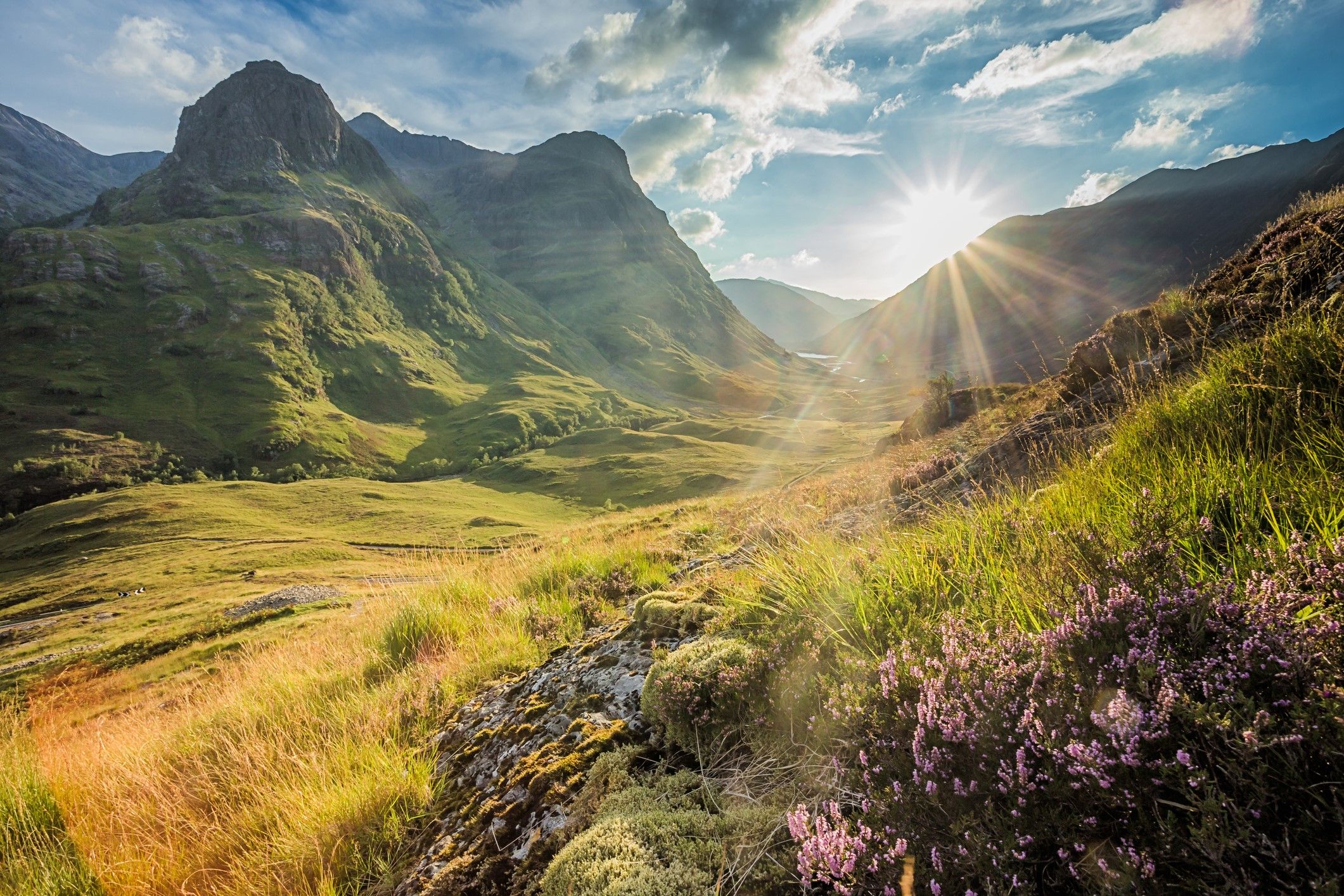COP26 – will it be enough to save our planet?
Jessica Righton, East Norfolk Sixth Form College
Friday 12th November 2021
Day 12 of the COP26 summit was originally intended to be the last, ending at 18:00 GMT. However, this wasn’t the case, with negotiations continuing much later than that into Saturday as countries failed to find an agreement that suited both them and our planet.
Today’s focus was to finalise agreements made over the last twelve days, and a major sticking-point was to do with coal power. The coal-related agreement previous to today was to “accelerate the phasing-out of coal and subsidies for fossil fuels”, but today it was edited to “accelerating the phaseout of unabated coal power and of inefficient subsidies for fossil fuels”. Abated coal power is where the carbon released is captured and so doesn't enter the atmosphere. Last time I checked, abated coal power is still coal power, and that means that we will still be relying on unsustainable energy while sustainable alternatives are readily available. If the current coal agreement “withstands the battering it may get, we are holding onto 1.5°C by our fingernails”, says Simon Stell, climate resilience minister for Grenada. In order to limit warming to this level, we must cut global emissions by 45% by 2030 and to nothing by 2050. Staying under 1.5 degrees is crucial for the future of our planet, because even a 2°C total increase would mean that almost all coral reefs will be destroyed. Scientists’ predictions for the current plan will only limit it to 1.9°c if countries carry out their promises, but this is still better than the 2.4°c increase if we don’t change anything at all.
Earlier today, a walkout was staged by Indigenous people, representatives of farmers, and environmental NGOs to join the protest outside of the barriers, with a general opinion that while there was work being done, it wasn’t drastic or inclusive enough. One protester said that “we’re seeing some of the text we want in there being excluded”, and another said that “this COP was really inaccessible because the people who should be there weren’t there”. I believe that Western nations should do as much as possible to help save those currently being affected by climate change, rather than just accepting that these nations will be lost. One person is displaced by the climate crisis every second, and there doesn’t seem to be enough urgency. It is truly unfair that those who did the most to cause climate change aren’t experiencing the negative consequences first.
Earlier in the week, Bertrand Piccard, founder of the Solar Impulse Foundation, said that sustainable energy “gives hope only if there are regulations that ... become incentives to use the new systems”. While solar power isn’t the best alternative for the UK climate, I do still hope the government makes a substantial effort to reduce our reliance on non-renewables. With Sizewell C, another nuclear power station, being planned less than 25 miles from where I live, it frustrates me that we are still, as David Attenborough puts it: “failing to see the bigger picture in pursuit of short-term goals”. It is true that, financially, climate change poses a huge challenge, but why is the economy the most important factor to consider when our world is on fire? Indigenous activist Ta’Kaiya Blaney of the Tla A’min Nation said before the walkout that COP26 “is an illusion constructed to save the capitalist economy”. We’ve seen the economy recover from the COVID-19 pandemic so why can’t it withstand an essential reaction to a threat to our entire existence?
SOURCES
https://www.theguardian.com/environment/2021/nov/12/what-happened-at-cop26-day-12-at-a-glance
https://www.bbc.co.uk/news/science-environment-59221790
